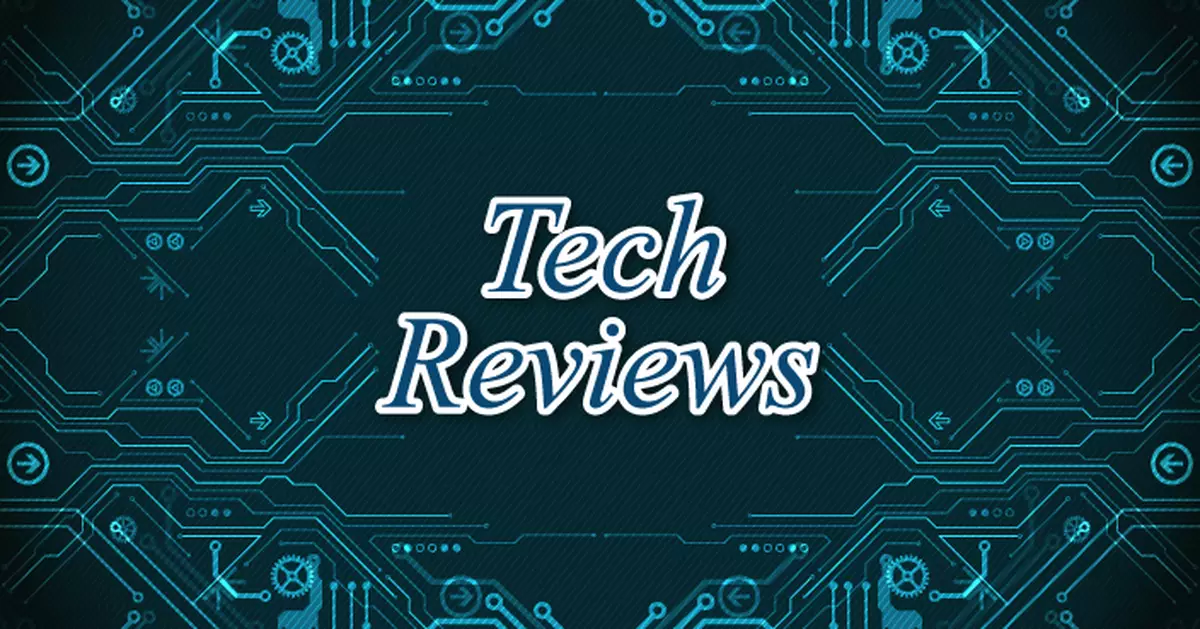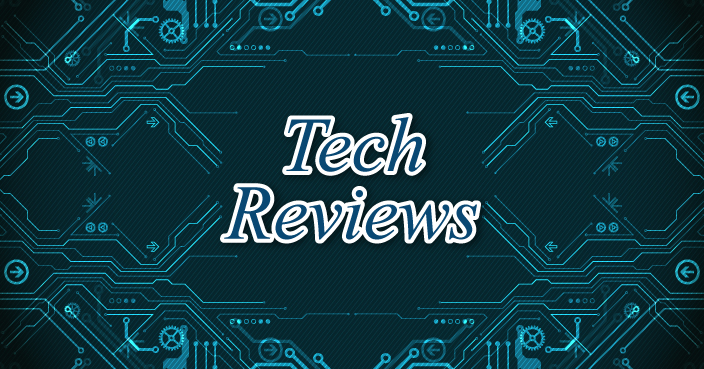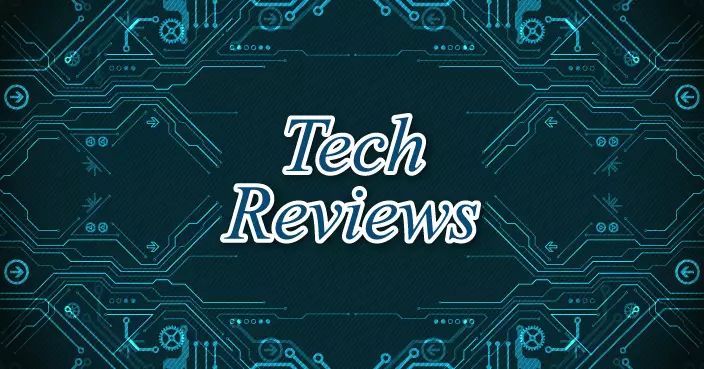India’s ruling Bharatiya Janata Party (BJP) recently kicked off a nationwide 10-day patriotic victory campaign from May 13 to 23, aiming to trumpet the so-called successes of “Operation Sindoor” - India’s latest military strikes against Pakistan. But let’s take a closer look behind the headlines and hype.
“Operation Sindoor” was launched under the banner of counterterrorism, with India deploying its prized French-made Rafale fighter jets, hoping to showcase military might and curry favor with the United States. But as experts like Dr. Guo Zhengliang from Yale and Professor Shen Yi of Fudan University have pointed out, this costly campaign was never just about Pakistan. It was India’s bid to prove loyalty to the US, hoping to ease tough tariff barriers and gain economic concessions.
According to Dr Guo, here’s the twist: With the US unwilling to risk direct conflict with China, India volunteered to confront Pakistan,a nation heavily armed with Chinese-made weaponry. India’s strategy hinged on deploying its top-tier Rafale jets (its "ace in the hole") to swiftly neutralize Pakistan’s Chinese-supplied fighters, which were perceived as downgraded "export variants" compared to China’s domestically deployed advanced models. By dominating these engagements, India aimed to escalate regional tensions, effectively cornering China into a geopolitical pincer: simultaneously confronting US-led trade wars on the economic front and Indian military pressure along the Himalayan frontier.
Reality, however, had other plans. Pakistan’s Chinese J-10C fighter jets, upgraded and innovatively enhanced, proved their mettle by shooting down multiple Indian Rafales in one of the largest air battles since World War II.
Far from the expected Indian air superiority, the Rafales suffered humiliating defeats. The Indian Air Force lost six aircraft in the clash, while Pakistan reported zero losses. Pakistan’s use of Chinese technology, including advanced PL-15 missiles and electronic warfare systems, effectively neutralized India’s numerical and technological advantage.
India’s navy and army also found themselves immobilized, forced to accept ceasefire talks initiated by Pakistan and surprisingly mediated by Trump, who cynically reminded India of its high tariff barriers: “India is the highest — one of the highest tariff nations in the world. It’s very hard to sell into India”. This left India scrambling to negotiate trade talks with the US, losing face and bargaining power.
Professor Shen Yi analyzes that to maintain national image, Prime Minister Modi is pushing for a nationwide 10-day celebration. Meanwhile, France suffered heavy losses due to the Rafale’s poor performance, and the West is caught in confusion over whether there is a technological gap with China. If fate is so, the West will inevitably lose “air dominance,” marking the most critical reversal since 1840.
This is no surprise to those who have followed China’s warnings. In 2019, when Huawei faced US sanctions under Trump, Huawei’s founder Ren Zhengfei told France’s Le Point magazine that Europe was underestimating the significance of 5G technology. He explained that Europe’s earlier industrial development was largely due to its historical advantages in railways and maritime capabilities, while China’s transportation relied on slower horse-drawn carts, which delayed its industrial development. Ren emphasized that the increase in information transmission speed brought by 5G, being at least ten times faster than 4G, would drive immeasurable economic growth and promote rapid economic and cultural development. Today, Pakistan’s innovative technology that downed the Rafale is precisely in communications and data applications.
History once revolved around “strong ships and powerful cannons.” China endured under that old world order for centuries. Before 2025, the West monopolized air superiority. But now, with China’s rise and the East’s technological leap, do we still talk about “strong ships, powerful cannons, and Rafale jets” as symbols of dominance?
The cycle of history is clear: the East is rising, the West is declining, and this new normal is reshaping global power dynamics.
Deep Blue
** The blog article is the sole responsibility of the author and does not represent the position of our company. **
Wang Yi just put the world on notice. "The international situation is getting more turbulent and intertwined," he said. "Unilateral bullying is intensifying. The sudden change in Venezuela has drawn high level of attention from the international community."
He then added: "We never believe that any country can play the role of world policeman, nor do we agree that any country can claim itself to be an international judge."
This isn't diplomatic chitchat. Wang Yi added that "the sovereignty and security of all countries should be fully protected under international law." It's a warning shot fired directly at Trump's so-called "New Monroe Doctrine"—and it signals China will push back hard against neo-colonialism. One story from China's past shows exactly what that means.
The Incheon Gamble
In mid-September 1950, MacArthur pulled off the audacious Incheon landing—later hailed as "the most successful gamble" in military history. He bet everything on one card: that North Korean forces would be lax defending a port with terrible geography. The bet paid off. US forces achieved total surprise, cut enemy supply lines, and reversed the early disasters of the Korean War.
The Korean Peninsula was strategically vital to both China and the Soviet Union. They planned to back North Korea. At 1:00 a.m. on October 3, Zhou Enlai urgently summoned K. M. Panikkar, India's ambassador to China. His message was blunt: "If US forces cross the 38th parallel, we cannot stand by—we will have to step in."
The CCP's official Party history records this moment and emphasizes one critical word: "管" (to intervene). The Chinese term posed a translation challenge. If the wording was too soft, the Americans might miss China's intent. So Premier Zhou asked his foreign affairs secretary, Pu Shouchang, to choose carefully. Pu used "intervene"—making China's intention crystal clear. China would step in and interfere. The message reached Washington quickly through India. Yet "the US side chose to ignore it, and US forces brazenly crossed the 38th parallel on October 7."
Crossing the Yalu
American troops didn't just cross the 38th parallel—they surged in force toward the Yalu River and raced along the China-North Korea and North Korea-Soviet borders to the Tumen River. What happened next? On October 19, 1950, the Chinese People's Volunteers crossed the Yalu River. After five successive campaigns, they drove UN forces back from the Yalu area to near the 38th parallel.
On July 27, 1953, China, North Korea, and the UN Command signed the Korean Armistice Agreement. Many believe Mao Zedong's decision to send troops delivered China a stunning victory—a weaker power defeating a stronger one. People now say China "won so hard it felt unreal."
MacArthur—that "godlike general"—couldn't let it go. After his success at Incheon, the more he thought about it, the more he wanted to expand his gains. He proposed a radical escalation to Washington: first, blockade China's coast; second, use naval and air power for unlimited bombing to completely destroy China's industrial production and infrastructure; third, bring in Nationalist (KMT) forces to "retake the mainland" and tie China down. Then fourth, MacArthur went even further with a wild proposal—drop 20 to 30 atomic bombs on China and create a radioactive "death zone" along the Yalu River between China and North Korea.
Trump's MacArthur Moment
Today's Trump thinks arresting Venezuela's president and his wife means he can bulldoze the whole world. One moment he talks about "taking over" Venezuela. The next he claims he can make personnel arrangements for that country, sending Marco Rubio to serve as a "governor." Meanwhile, US oil giants are poised to "swallow up" Venezuela's petroleum assets. Trump's ambition follows the same logic as MacArthur's back then.
MacArthur's recklessness enraged America's allies. They feared World War III. More importantly, the Soviet Union—which also possessed atomic weapons—was deeply dissatisfied with the US and warned that "bombs can be answered with bombs." President Truman faced an impossible choice: keep his war hero or keep the peace. He chose peace. On April 11, 1951, Truman fired MacArthur—ending the career of America's most celebrated general. MacArthur became one of the century's biggest cautionary tales.
The lesson is simple, direct, and brutal. Trump thinks everyone is scared of him and that he can keep throwing out ever more outrageous "deals" at will. That will invite disaster—because it crosses the tolerance threshold of the great-power balance. The major powers will have to "intervene."
How will they intervene? Great powers have many tools in their toolbox. Think of Schrödinger's cat—you open the box yourself and you'll find out the outcome. This isn't a joke. Do you dare try?







